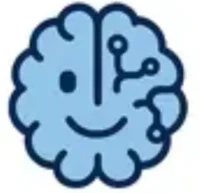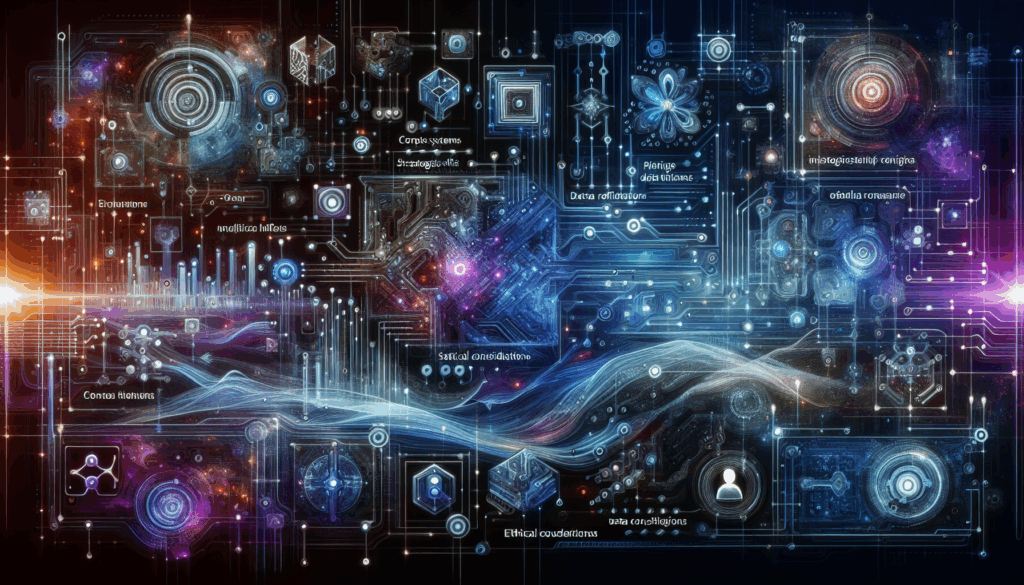=
GitHub AI Agent Repositories: Your Gateway to Agentic AI and Multi-Agent Systems
Introduction: Unlocking the Power of GitHub AI Agent Repositories
Artificial intelligence has rapidly evolved from isolated models solving narrow tasks to dynamic, autonomous agents capable of perceiving, reasoning, and acting independently. These AI agents represent a transformative shift known as agentic AI — where autonomous programs execute workflows, collaborate, and adapt in real time. For developers and learners eager to tap into this evolution, GitHub AI agent repositories have become indispensable resources. These repositories offer open-source codebases, tutorials, frameworks, and tools that streamline the creation and deployment of agentic AI systems and complex multi-agent systems.
Many of these repositories go beyond simple examples by integrating advanced concepts like the Model Context Protocol (MCP), which connects AI models with external tools and data seamlessly. This integration is key to building AI agents that do more than just predict: they can interact with APIs, automate workflows, and solve multifaceted problems across domains.
For the AI enthusiast and professional alike, exploring GitHub AI agent repositories means tapping into free AI resources ranging from beginner-friendly project tutorials to sophisticated multi-agent frameworks. By leveraging these assets, individuals not only accelerate development but also contribute to a vibrant ecosystem that is pushing the boundaries of autonomous intelligence [^1].
Background: Understanding Agentic AI and Multi-Agent Systems
At its core, agentic AI involves AI agents that function autonomously. These agents perceive their environment, make decisions based on available data and objectives, and act to fulfill specific goals — often without human intervention. This autonomy distinguishes them from traditional AI models that passively respond to inputs.
A multi-agent system extends this concept by deploying multiple such agents that collaborate and compete to solve complex tasks more effectively than any single agent could. Imagine a team of specialists, each with a unique skill set, working together on a project: one agent handles data gathering, another processes insights, while another oversees decision validation. This synergy mirrors human teams but can operate at digital speed and scale.
Central to many current solutions is the Model Context Protocol (MCP), an open standard designed to unify AI models with external tools and databases. MCP enables AI agents to plug into APIs, perform real-time queries, or trigger workflows—boosting their effectiveness exponentially.
Industries ranging from finance to healthcare are already automating workflows using agentic AI. For example, multi-agent systems automate customer interactions, generate strategic plans, and audibly validate outcomes with human users to maintain transparency and compliance. This technology enhances task automation, enabling AI to and sometimes outperform junior employees in routine roles.
This background establishes a foundational understanding essential for navigating the GitHub AI agent repositories ecosystem, where these principles and protocols come to life in practical implementations [^1].
Trend: The Growing Ecosystem of AI Agent Projects on GitHub
GitHub has emerged as the breeding ground for a rapidly expanding collection of AI agent projects. The trend toward increasingly sophisticated AI agents reflects both technological advances and rising demand to automate workflows and solve complex challenges.
Popular repositories showcase diverse offerings—from straightforward agentic AI tutorials for beginners to fully fledged multi-agent frameworks equipped to handle real-world applications. For instance, repositories like Microsoft’s agent samples or Replit Agent provide detailed documentation and code for building robust AI assistants. Others focus on MCP implementations, offering servers and client SDKs to connect models with the external world seamlessly.
This ecosystem isn’t just about code; it includes interactive tutorials, video courses, and curated lists of free AI resources that democratize access to agent-driven AI development. For learners exploring new territory, these projects provide the necessary building blocks to deepen expertise — whether in single-agent autonomy or complex multi-agent coordination.
Emerging real-world applications highlight this trend’s impact. For example, automated financial trading platforms are increasingly utilizing multi-agent AI workflows that manage risk, execute trades, and interpret regulatory compliance — all autonomously. Enterprises are adopting agentic AI to optimize internal processes, customer engagement, and decision-making workflows, signaling a shift from experimental to production-grade AI systems.
This growth cycle is accelerating innovation, with GitHub repositories acting as the heart of knowledge exchange and collaboration, inviting participation from hobbyists, practitioners, and enterprises alike [^1].
Insight: Leveraging GitHub AI Agent Repositories to Build Advanced AI Agents
Harnessing GitHub AI agent repositories offers numerous practical benefits for anyone aiming to deepen their understanding of agentic AI or deploy advanced autonomous systems.
Firstly, these repositories provide curated collections of AI agents, MCP servers, and clients that help reduce time-to-deployment. Instead of building from scratch, developers can plug into tested frameworks and adapt code to their specific needs. This accelerates experimentation and production.
Secondly, the combination of agentic AI with retrieval-augmented generation (RAG) represents a cutting-edge synergy. RAG enhances AI agents by enabling them to pull in relevant information from external databases or indexed documents before formulating responses or decisions. Several GitHub repositories integrate this pattern, empowering agents that are not only autonomous but also contextually aware and factually grounded.
Notable projects hosted on GitHub include collaborations from Microsoft, OpenAI, and open-source communities where AI agents continuously improve through human-in-the-loop feedback and community contributions. Such collaboration fosters innovation and trust — critical for deploying AI in high-stake environments.
To draw an analogy, think of GitHub AI agent repositories as a fully stocked workshop for building autonomous robots, where every tool, blueprint, and material is openly shared and refined by thousands of craftspeople worldwide. By engaging with this repository ecosystem, developers benefit from collective knowledge, community support, and proven blueprints that transform abstract AI concepts into working agents that can understand, interact, and decide [^1].
Forecast: The Future of Agentic AI and GitHub Repositories
Looking ahead, the trajectory of agentic AI development suggests substantial advancements on multiple fronts.
We can anticipate greater integration of AI agents with language models through enhanced MCP servers that facilitate smoother interaction with multiple external tools, data streams, and APIs. This evolution will empower AI agents to undertake increasingly complex and dynamic tasks autonomously.
Enterprise adoption of agentic AI workflows is expected to accelerate dramatically. Improved scalability and reliability of multi-agent systems will enable enterprises to automate entire business processes, from customer service to compliance monitoring, creating new paradigms of operational efficiency.
The community-driven nature of GitHub and the abundance of free AI resources will continue to spur contributions, leading to faster innovation cycles, richer tutorials, and more sophisticated frameworks accessible to a broader developer base. This democratization will fuel experimentation and application in novel domains such as real-time decision support in healthcare and environmental monitoring.
Ultimately, agentic AI could become as ubiquitous as traditional software libraries today, integrated deeply into the infrastructure of countless industries, reshaping how humans and machines collaborate.
Call to Action: Start Exploring GitHub AI Agent Repositories Today
Ready to dive into the evolving world of agentic AI? Start exploring some of the top GitHub AI agent repositories and multi-agent systems projects to boost your skills and project capabilities.
- Begin with repositories featuring AI project tutorials that cater to all skill levels—these often include walkthroughs, sample code, and videos.
- Investigate MCP client and server frameworks to understand how to connect your AI agents with external data and services.
- Join vibrant AI communities on GitHub, contribute to open-source projects, and stay updated on the latest enhancements in agentic AI.
- Leverage curated lists of free AI resources compiled by experts to guide your learning path.
Whether you are an AI developer, researcher, or enthusiast, engaging with GitHub repositories is one of the best ways to stay at the forefront of agentic AI innovation and build practical AI applications today.
For a thorough dive into the best repositories and comprehensive tutorials, see this curated list by KDnuggets [^1].
[^1]: KDnuggets, \"Top 10 GitHub Repositories for Building Agentic AI Applications,\" https://www.kdnuggets.com/10-github-repositories-for-mastering-agents-and-mcps

